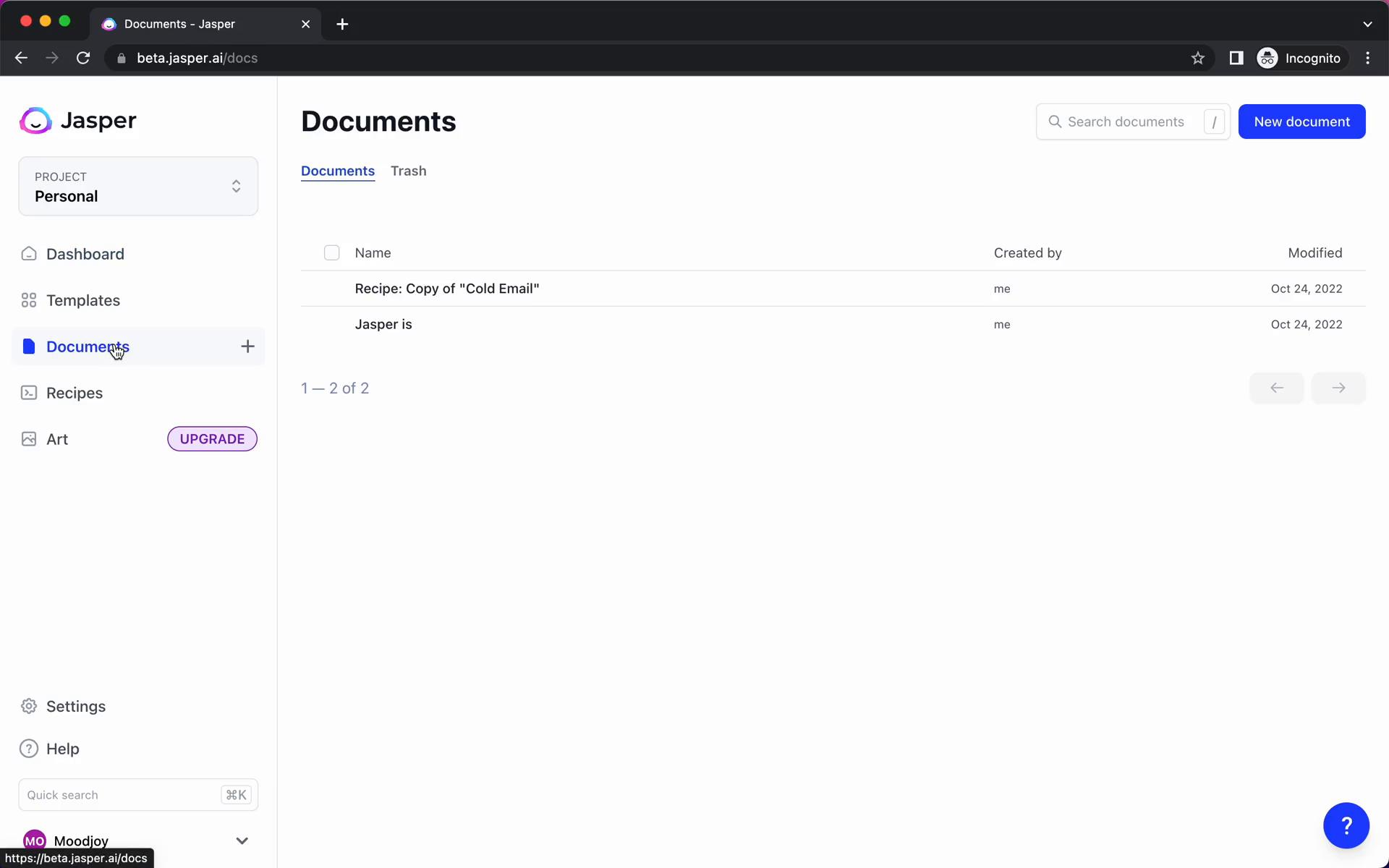Alternatives to Claude Pro by Anthropic
1. Hypotenuse AI
+Pros
- Proven bulk generation capabilities processing thousands of SKUs simultaneously via CSV import
- Validated customer outcomes including Volcom's 83% time savings and 50% cost reduction
- Brand consistency maintenance through AI models trained on client guidelines, reducing manual editing requirements by 45%
- Native ecommerce platform integrations providing direct publishing workflows to Shopify and Amazon
-Cons
- Shopify integration requires Enterprise plan pricing
- Enterprise pricing lacks transparency with custom quotes creating budget uncertainty
- AI systems may deliver incorrect product data without proper human oversight mechanisms
- Implementation complexity requiring 4-24 weeks deployment and ongoing optimization through weekly refinement sessions
One highlighted feature and why it's amazing
Enables simultaneous creation of product descriptions, titles, and metadata for thousands of products via CSV import.

Another highlighted feature of why it’s amazing
Allows the platform to train AI models on client-provided brand guidelines, reportedly reducing manual editing requirements by 45%.
2. Jasper AI Writing Platform
+Pros
- Multi-Model AI Architecture provides specialized performance optimization .
- Ecommerce-Specific Functionality differentiates Jasper through Shopify integration and retail-focused templates .
- Brand Voice Consistency capabilities allow organizations to maintain tone and style alignment across scaled content production .
- Integrated SEO Optimization through Surfer SEO partnership eliminates workflow friction .
- Proven Enterprise Performance includes documented efficiency gains and cost savings .
-Cons
- Cost Disadvantage compared to alternatives like Claude Pro .
- Multilingual Support Gaps show accuracy issues in Asian languages .
- Creative Content Limitations require substantial human editing for emotional nuance .
- Implementation Complexity includes 6-12 week deployment timelines .
- Output Quality Variability requires human oversight .
One highlighted feature and why it's amazing
Represents Jasper's core technical differentiator, dynamically selecting between GPT-4, Cohere, and Anthropic models to optimize output quality for different content types .

Another highlighted feature of why it’s amazing
Allows organizations to upload writing samples and train custom voice models that replicate specific tone, style, and terminology across all team outputs .
Other Alternatives
Neuroflash
Rytr AI Writing Assistant
Scalenut
Surfer SEO Content Editor
How We Researched This Guide
About This Guide: This comprehensive analysis is based on extensive competitive intelligence and real-world implementation data from leading AI vendors. StayModern updates this guide quarterly to reflect market developments and vendor performance changes.
229+ verified sources per analysis including official documentation, customer reviews, analyst reports, and industry publications.
- • Vendor documentation & whitepapers
- • Customer testimonials & case studies
- • Third-party analyst assessments
- • Industry benchmarking reports
Standardized assessment framework across 8 key dimensions for objective comparison.
- • Technology capabilities & architecture
- • Market position & customer evidence
- • Implementation experience & support
- • Pricing value & competitive position
Research is refreshed every 90 days to capture market changes and new vendor capabilities.
- • New product releases & features
- • Market positioning changes
- • Customer feedback integration
- • Competitive landscape shifts
Every claim is source-linked with direct citations to original materials for verification.
- • Clickable citation links
- • Original source attribution
- • Date stamps for currency
- • Quality score validation
Analysis follows systematic research protocols with consistent evaluation frameworks.
- • Standardized assessment criteria
- • Multi-source verification process
- • Consistent evaluation methodology
- • Quality assurance protocols
Buyer-focused analysis with transparent methodology and factual accuracy commitment.
- • Objective comparative analysis
- • Transparent research methodology
- • Factual accuracy commitment
- • Continuous quality improvement
Quality Commitment: If you find any inaccuracies in our analysis on this page, please contact us at research@staymodern.ai. We're committed to maintaining the highest standards of research integrity and will investigate and correct any issues promptly.